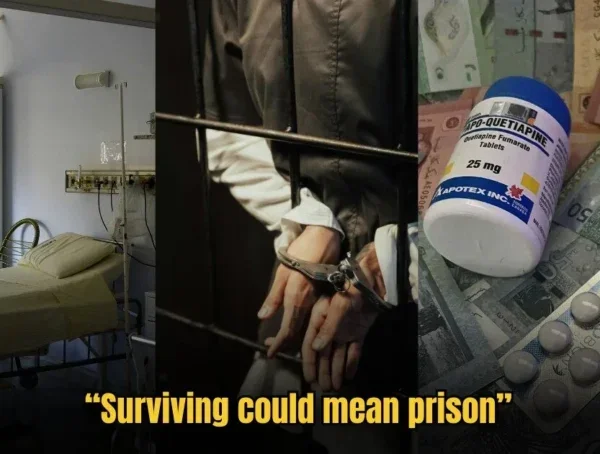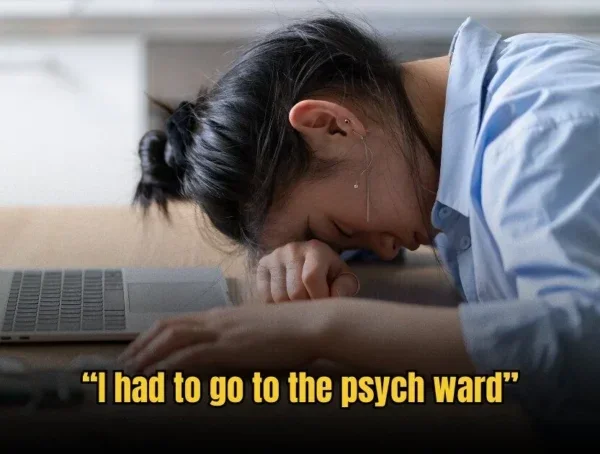This is the second part of a two-part article. To read the first part, click here.
5. Smile for days
I used to think I was smiling, until a friend remarked that I looked sad. It turns out that our eyes really don’t lie—they reveal the truth of our souls. But I kept smiling anyway; it wasn’t like I was going to feel any better from frowning now, was I?
Conversely, when my health was improving during my treatment at Ayur Centre, a fellow patient observed that I had the kind of smile which first shone through the eyes before it reached my lips. It was rare, she said.
Perhaps it worked because I found kindness in myself, and therefore saw it in others as well. Personally, I believe that what comes from the heart goes to the heart. So, find a genuine reason to smile—it will reflect well.
Fact 7: As Tony Robbins once said, “motion creates emotion”. Click here for a more in-depth tip to achieve your personal breakthrough.
And, truly, when you can count all the little reasons to be grateful for, and the bigger reasons to live for, without putting that microscope on the perceived problems in your life, what’s there not to smile about?
6. Count your luck
This brings me to my point about that overused yet underrated word ‘gratitude’. What is gratitude, really?
To best illustrate the answer, I will show you an exercise my teacher often liked to show to anyone who struggled with this concept:
She would first reveal a very beautiful sheet of paper. Pristine and white.
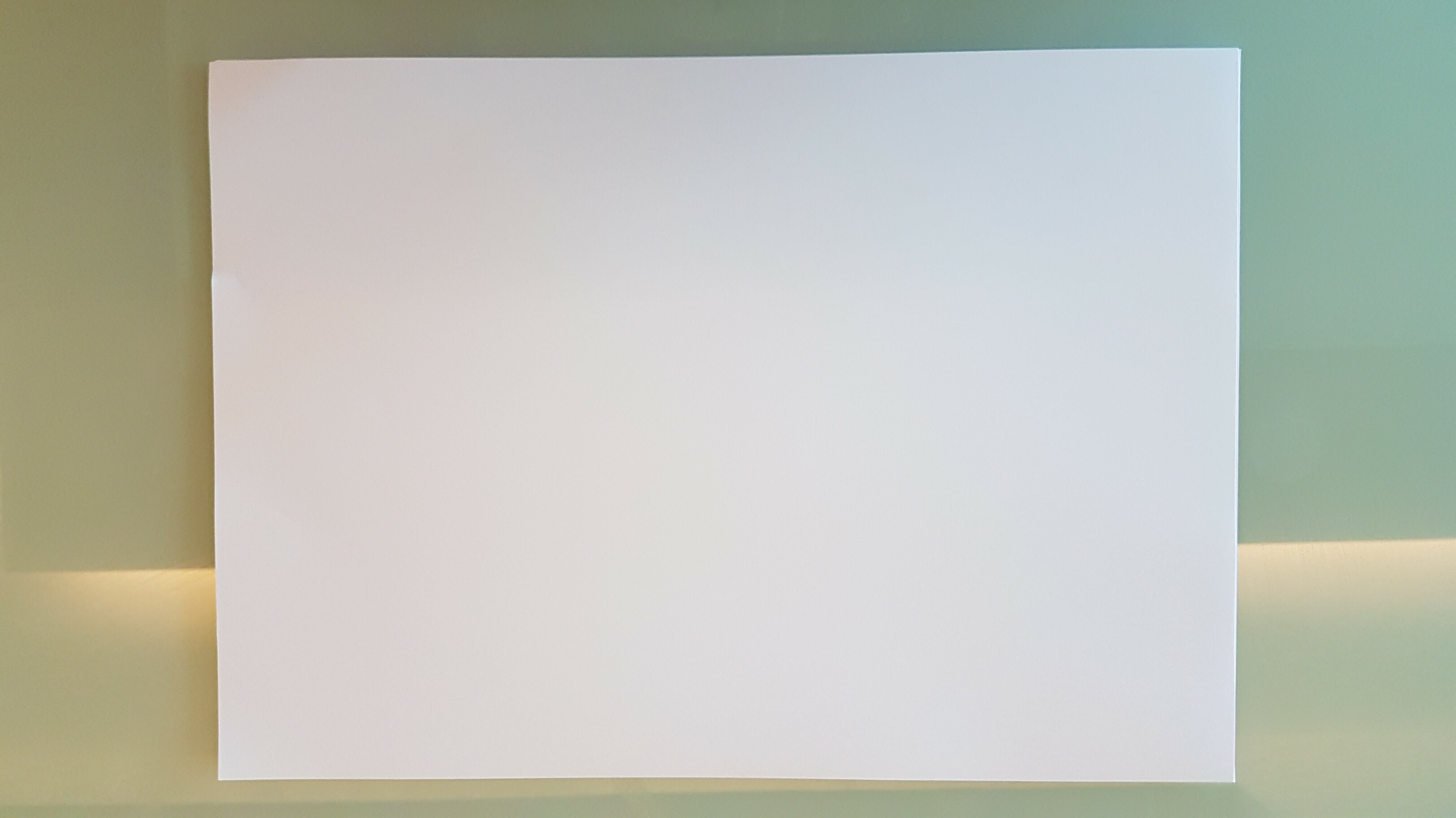
And then she would ask for a pen, and do this to the paper:
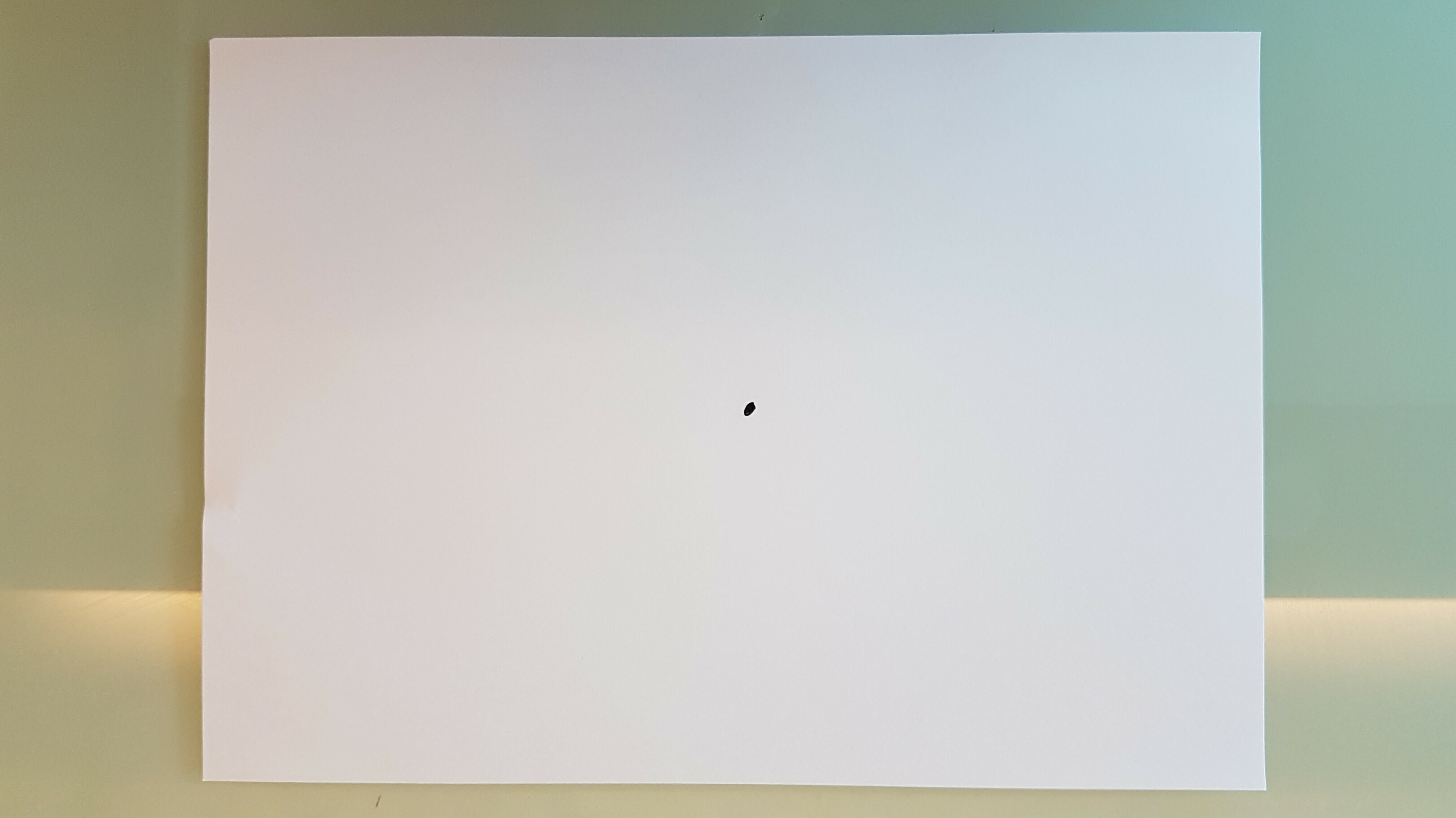
What do you see now? Instinctively, do you pay attention to the big black dot on a formerly beautiful blank sheet, or do you concentrate on the mass of remaining white space you still can use?

source: https://www. Theodysseyonline. Com/why-see-the-glass-half-full

Similarly, do you see the glass above as half-empty or half-full?
I generally do dream of bigger things, but what made the biggest difference for me is when I saw how I have plenty of things which is a privilege for others. Simply put, I choose to see that my struggle is only but a small part of my bigger existence which it does not define.
7. Have a goal

Life without a goal is like a ship at sea, tossed and turned by the winds of fate. If you see yourself as a captain, you would want to steer that ship, preferably with a map and some good ship mates to help you sail. That way, you could find a faster way to get to wherever your treasure lies.
When I first started out with my writing career, I took up any and all kinds of odd jobs pertaining to written communication. I wanted to learn all I could about the craft.
But years of ploughing through various teaching, copywriting, and editing positions eventually made me feel like I was going through the grind. The monetary and social benefits started to feel empty.
I then realised that I needed a bigger purpose to sustain my passion. With the help of an editor friend (a writing mentor and a published author), I recalled why I started writing in the first place: Storytelling has always been my will to live. I had things I needed to say. More importantly, I needed to express the things others also wanted to say but couldn’t articulate. That is my calling.
After all, wouldn’t it be a waste of God-given talent if I simply died without first fulfilling my greatest potential, to serve humanity when I can?
8. Bonus: Ride the Tide
Whenever I thought I’ve got life figured out, it threw curveballs at me.It hurt and confused me each time. But eventually, I got better at handling setbacks and moving forward.
Fact 8: None of us are ever truly prepared for the next surprise. Even the happiest people I know are occasionally dumbstruck by a new situation. Remember, there’s always a surprise around the corner, waiting to happen. But the way we deal with it is what counts. That’s what decides our happiness.
So, learn to be happy, regardless of your circumstance. The hardest part about any change is that it requires a shift in our own perspective, not others’.
We need to first learn to put our ego aside, and admit that we can be wrong. Or perhaps we need to acknowledge that something we’re doing just isn’t working out—otherwise we’d have the result we want already.
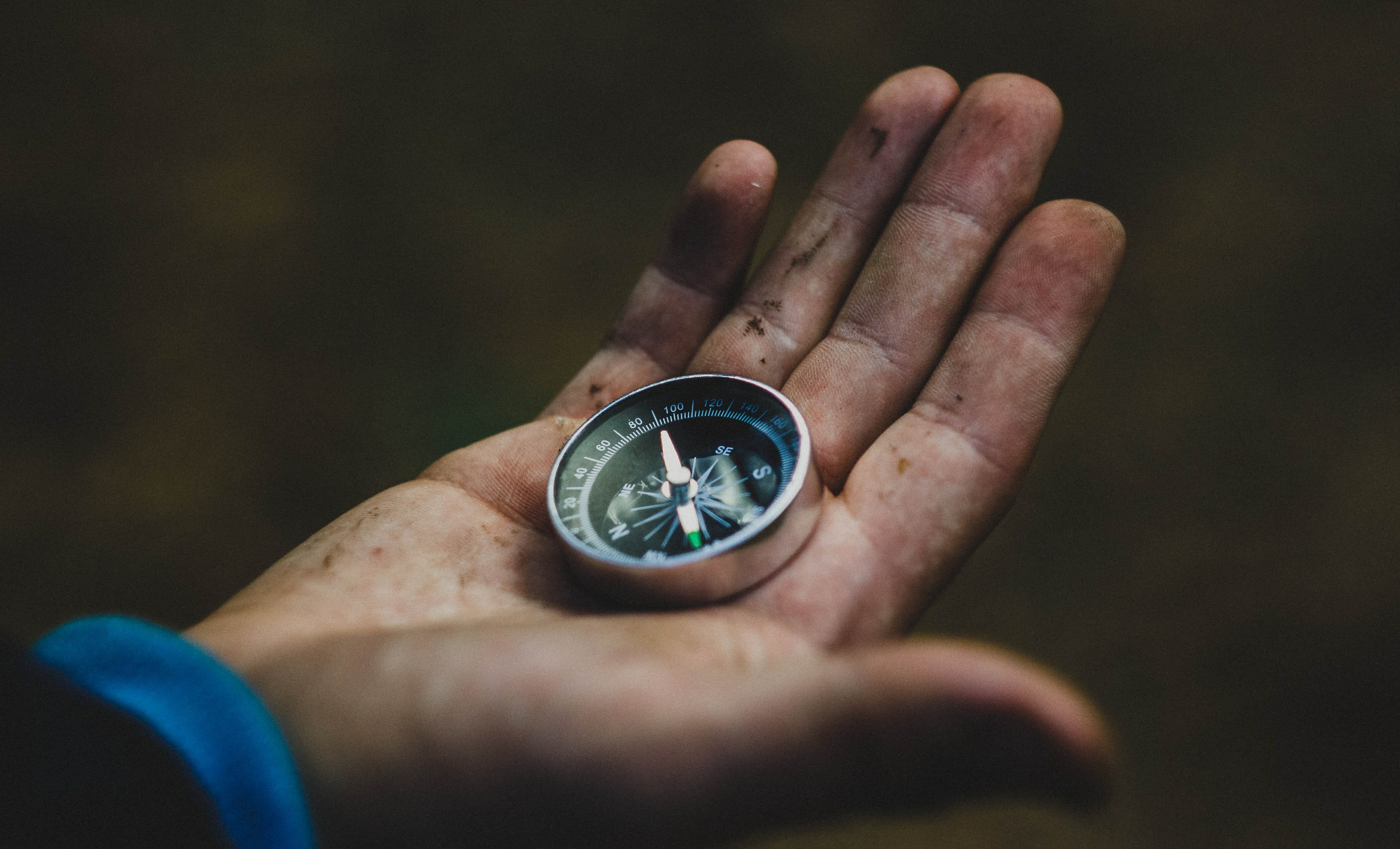
Once we shift our perspectives, our attitude changes. This change in attitude leads to a change of action, which eventually brings about a change of habit. From that, we’re likely to get different results too.
More significantly, when we stop seeing setbacks as problems, but mere situations, our attitude towards these events change entirely. Because “problems” denote that there are right or wrong ways to solve them; the fact is, there are only methods which work or don’t, depending on the situation.
Although we might have been taught differently at school, life isn’t made up of textbook equation with pre-determined answers. If it was, we could all have read the book once (and stolen the answers from the back of it) and not have to deal with problems as old as time itself.
Ultimately, the ways to get out of our own funk are highly individual in the end. But I learnt that some core truths, as explained above, apply as general human truths.
So adapt them to your own needs, but give yourself at least 48 days of daily practice to see any tangible and—most importantly—sustained benefits. Because if you don’t try, you won’t know; and if you don’t fail, you won’t grow.
So fail gloriously, I say. Fail often. For that’s how we learn best.
This article should not be taken as a substitute for professional medical advice, diagnosis, or treatment. Always seek the advice of your physician or other qualified health providers with any questions you may have regarding a mental or medical condition. Never disregard professional medical advice or delay in seeking it because of something you have read on this Website.
More from Real Mental Health
“I Was Scared of Waking Up in Handcuffs,” shares Depressed M’sian on Repealed Law
In 2023, Malaysia repealed Section 309, a colonial-era law that made suicide attempts a crime. The change marked a shift …
‘Everyone Saw A Successful Student While I Was Crumbling,’ Shares 22 Year Old Student
This is a story of a 22 year old woman who shared her story as a Straight A’s student as …
5 Harmful Mental Health Myths Malaysians Still Believe
Let’s break down five of the most common myths Malaysians still believe, and why it’s time to let them go.







